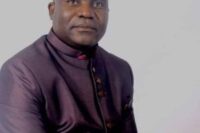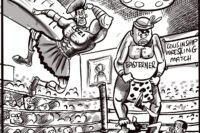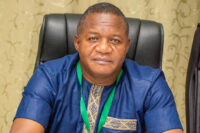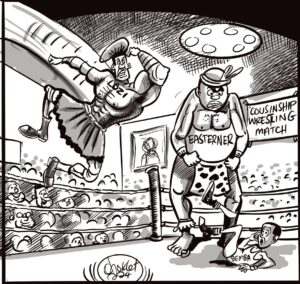Political Violence. As a senior citizen who grew up in the pre-independence era, I did not think I would see as much political violence in 2018/2019 as I saw in 1962/1964 between UNIP and ANC. In the 1960s, these political opponents were hacking each other. Even within UNIP itself, intra-party factions were petrol bombing each other. I witnessed high profile UNIP people in our house in Lusaka after they had been petrol bombed by fellow party members.
Fast forward to today, over 50 years later, little appears to have changed, political parties are still ostensibly fighting each other and violence remains a staple of the country’s politics. What’s even more disturbing, we now have police officers who, instead of protecting people and maintaining peace, are in the forefront of fermenting violence. It seems quite clear that we as a nation have not learned our lessons from the past and are returning to a dangerous path.
Since there is talk of national dialogue aimed at steering the country in a better direction, here are some of the issues that should be tabled:–
a. Eliminate By-Elections. Given that by-elections precipitate a great deal of political violence and also cost the government and opposition coffers significant expenditure, I recommend that we change the Constitution to stop by-elections altogether at both the national and local levels. Instead of by-elections, parties can pick replacement officials as is the system in other countries including in the United States.
a. This will also help create a peaceful environment for the country. We are tired of antagonism all the time. When the country matures politically, we can always re-consider this issue. We have to do what is actually good for Zambia based on our experience, not blindly follow a model. Just because a by-election system works in the UK and other countries, doesn’t mean that it necessarily works for us. We know the ills of by-elections, so why continue having them?
b. It will also give a break to the Zambian voter who is tired of being harassed, beaten and distracted during by-elections.
c. Political violence also puts off a lot of people whom we actually need to be involved in politics and civics. We are missing out on key leaders because of our refusal to address the prevalence of political violence.
d. Finally, this amendment would deter politicians from crossing over to other parties in local councils if they are not allowed to stand during that term. On the national level, it may not be entirely clear how using a replacement rule instead of a by-election will play out, but the crucial objective of peace is a sufficient enough justification to at least try a new system.
2. Electoral Reforms. A system of empowering women in 2021 is long overdue. Reserved seats for women, affirmative action for women, and quotas for women are all a must. All this has been suggested before but because of lack of political will, nothing has been done even though Zambia is a signatory to various protocols including the African Union Protocol of having 50% women in decision-making positions (meaning Parliament, local government, civil service, and the private sector).
We are soon approaching 8th March, which is Women’s Day. What have women been marching for all these years? To have fun? Women have to be respected by being given power in decision-making positions. Zambia is far behind such countries as Rwanda, Tanzania and South Africa in this gender equality arena and yet nothing is being done by the government to correct it. There is plenty of grandstanding and empty promises year in and year out, but no action to speak of.
3.Undemocratic tendencies.
a. We have to move away from the strong man (at the moment, and maybe in future strong woman) syndrome, where those who are sworn to protect the law and the Constitution are unfortunately often at the forefront of breaking the law. Our system is designed to have three branches of government and there are checks and balances amongst them so that no one branch is too powerful. Sadly, these checks and balances are not working and this undermines democracy.
b. Why is debt contraction not given to Parliament for approval when the Constitution requires it to be? We don’t want to find ourselves in the same situation which we were in before HIPC completion. Is anyone going to forgive our debt the way it was forgiven before? No. HIPC was part of a global movement which took a long time to come to fruition and it ended up reducing our debt from approximately $7 billion to about $500 million. Incurring debt without Parliament’s authorization seems to be something occurring with impunity. Transparency in debt contraction is a must and to continue without it undercuts the will of the people.
c. We need to enable the Judiciary, the Electoral Commission, Parliament, the police, the ACC, the DEC etc. who are supposed to be independent, truly become that without the interference by the Presidency that has been prevalent in our country’s history.
d. We must protect the independence of the media so that it is left to do its job properly. Recently the Secretary General of the Patriotic Front Party, interfered with reporters from Prime Media reporting the news by chasing them away. How can we have an informed society and disseminate information without an independent media?
e. The language of intimidating voters has no room in a democracy. Certain leaders talk about development going to those who vote for them. This is undemocratic and it is wrong. Whether people voted for the ruling party or not, they should see development. The taxes which government uses for development are collected from everybody, not only the ruling party.
These are just a few suggestions that should be a part of the national dialogue. Surely we are intelligent enough not to continue to repeat the mistakes of the past.
(Ompie Nkumbula Liebenthal is a former MP for Namwala and of the Pan-African Parliament)













One Response
Truly interesting article.